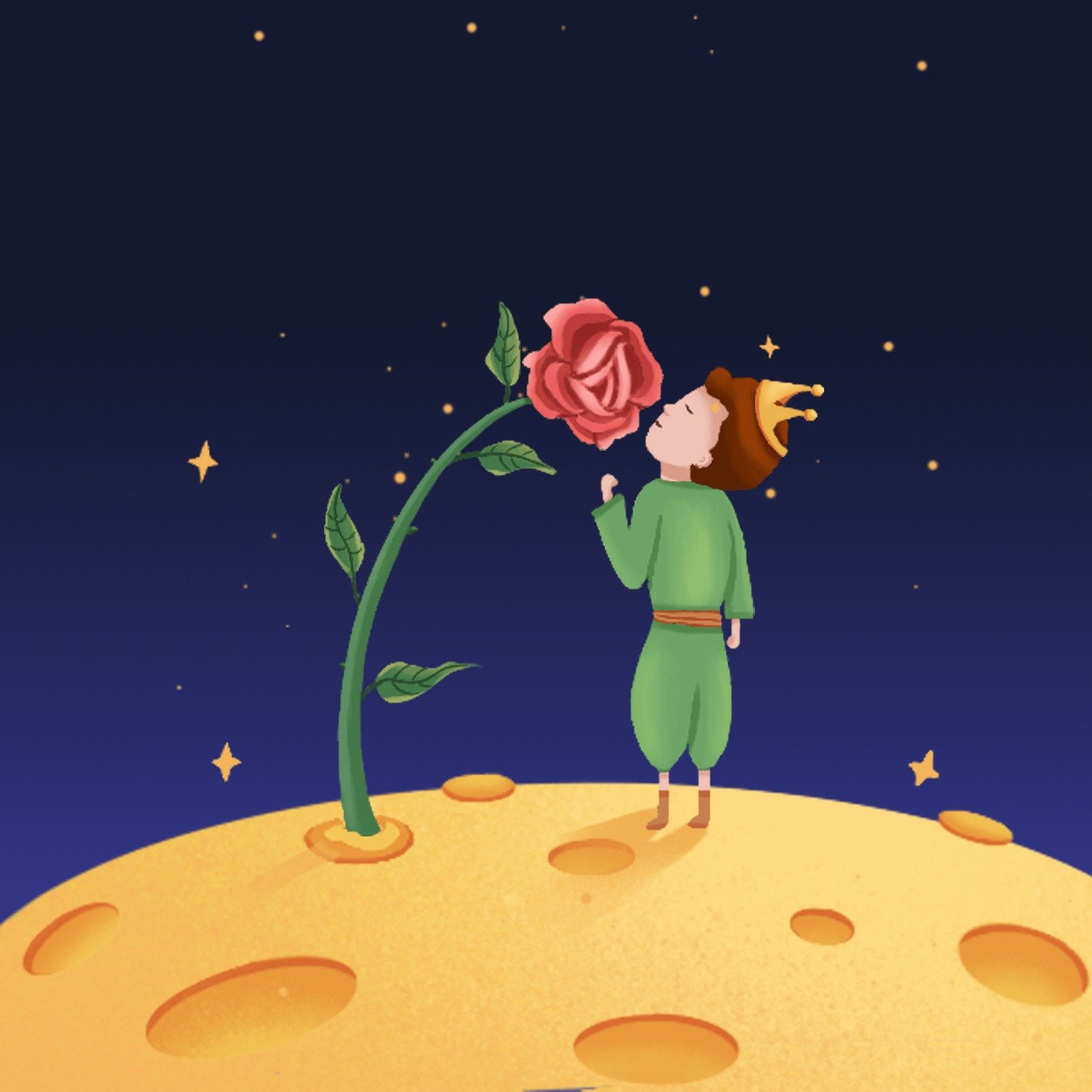Antoine de Saint-Exupéry was a French writer and aviator. He was born on June 29, 1900, in Lyon, France, and died on July 31, 1944, during a reconnaissance mission over the Mediterranean Sea.
Saint-Exupéry began his career as a pilot in the early 1920s, working for various aviation companies. His experiences as a pioneering aviator greatly influenced his writing, as he often wrote about the thrill and challenges of flying.
However, Saint-Exupéry is best known for his beloved novella "The Little Prince". Published in 1943, the story follows a young prince who travels from planet to planet, encountering different characters and learning important life lessons. It is a philosophical and allegorical tale that has captured the hearts of readers across generations.
In addition to his literary achievements, Saint-Exupéry's life was marked by his involvement in the French Air Force during World War II. He joined the Free French Forces and flew reconnaissance missions, documenting intelligence for the Allies. Unfortunately, he went missing during one of his missions, and his exact fate remained a mystery for many years.
Antoine de Saint-Exupéry's work continues to be celebrated and widely read, with "The Little Prince" being translated into numerous languages and considered one of the greatest literary classics. His writings explore themes of friendship, love, imagination, and the importance of seeing beyond the surface to truly understand the world.
Chapter 2:What the rose means to the Little Prince
To the Little Prince, the rose holds significant meaning and symbolism throughout the story. The rose represents love, vulnerability, and the unique connection that one develops with someone or something they care deeply about.
In the narrative, the Little Prince encounters a rose on his home planet. At first, the rose appears to be an ordinary flower, but as he spends time observing and caring for it, their relationship deepens. The rose becomes special to him because he has put effort, time, and affection into nurturing it. It becomes a representation of love and attachment.
However, the rose also acts as a source of conflict for the Little Prince. He sees the rose as demanding and difficult to understand. Despite its beauty, the rose's vanity, selfishness, and pride cause the Little Prince to question their relationship. This struggle highlights the complexities of love and the challenges of maintaining connections with others.
As the story progresses, the Little Prince embarks on a journey through various planets, meeting different characters who teach him valuable life lessons. Through these experiences, he realizes the true value of his rose. The rose represents what is truly essential and unique in life—a bond that cannot be easily replicated or replaced. It signifies the importance of cherishing and nurturing relationships, even when they may be complicated or require effort.
Chapter 3:quotes about The Little Prince
"People have forgotten this truth," the fox said. "But you mustn't forget it. You become responsible forever for what you've tamed. You're responsible for your rose."
"What makes the desert beautiful,' said the little prince, 'is that somewhere it hides a well..."
"You're beautiful, but you're empty...One couldn't die for you. Of course, an ordinary passerby would think my rose looked just like you. But my rose, all on her own, is more important than all of you together, since she's the one I've watered. Since she's the one I put under glass, since she's the one I sheltered behind the screen. Since she's the one for whom I killed the caterpillars (except the two or three butterflies). Since she's the one I listened to when she complained, or when she boasted, or even sometimes when she said nothing at all. Since she's my rose."
"A rock pile ceases to be a rock pile the moment a single man contemplates it, bearing within him the image of a cathedral."
